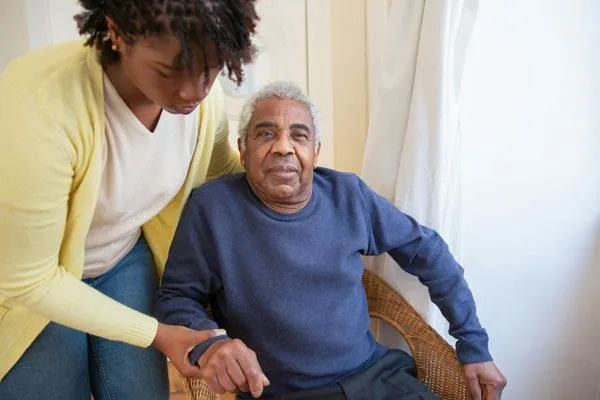
From Hospital to Home: Easing the Transition for Aging Loved Ones
The Journey Home Shouldn’t Be a Guessing Game
After a hospital stay, the words “You’re going home” bring relief—but also new anxiety. For families, this transition can feel overwhelming: How do we manage medications? What if they fall? Are they really ready?
When an aging loved one returns home, the path forward must be more than hopeful—it needs to be planned, coordinated, and compassionate. A safe recovery doesn’t end at the hospital doors. In many ways, that’s where the real care begins.
Why Hospital-to-Home Transitions Are a High-Risk Time
Returning home is often seen as a sign of improvement—but it can also be the most vulnerable stage in a senior’s recovery. In fact, studies show that nearly 20% of Medicare patients are readmitted to the hospital within 30 days.
Why?
Because caregivers are overwhelmed, instructions are unclear, and seniors are sent home without the support they truly need.
Common issues include:
Confusing discharge instructions
Poor medication management
Inadequate follow-up care
Unsafe home environments
Limited mobility or help with activities of daily living
Without the right plan in place, a short recovery can quickly become a dangerous setback.
A Thoughtful Discharge Plan Makes All the Difference
Planning ahead turns a stressful discharge into a coordinated return to comfort. At the center of this process is a clear, detailed hospital-to-home transition plan—created with input from medical staff, caregivers, and support professionals.
Key Elements of a Successful Plan Include:
A summary of the diagnosis, procedures, and hospital care
A clear list of prescriptions and when/how to take them
Scheduled follow-up appointments
Instructions for wound care, therapy, or mobility needs
Emergency contacts and signs of complications
Details on who is providing what kind of support at home
More than a checklist, this is a roadmap for recovery.
Your Home May Need a Few Adjustments
A return home should feel comforting—but it must also be safe and functional for a recovering senior. This often means making thoughtful adjustments before they arrive.
Home Preparation May Include:
Installing grab bars in bathrooms and near beds
Removing tripping hazards like rugs or cords
Ensuring adequate lighting in hallways and stairways
Setting up a bedroom on the main floor, if mobility is limited
Renting or purchasing assistive devices like walkers, shower chairs, or commodes
Planning nutritious meals and having food prepped and accessible
Every small step makes the space more supportive—and reduces the chance of preventable rehospitalization.
Caregiver Fatigue Is Real—You Don’t Have to Do It All Alone
Family caregivers often feel pressure to manage everything post-discharge. But it’s a big job: coordinating care, administering meds, monitoring health changes, cooking, cleaning, scheduling.
And doing it all without training can lead to burnout—and mistakes.
That’s where professional transitional care support comes in.
How We Help: Expert Support for a Safer Recovery
Our team specializes in holistic, hands-on post-hospital care that prioritizes both the senior and their family. We help ease the burden and enhance recovery through:
In-home care assessments prior to discharge
Coordination with hospital discharge planners and doctors
Trained caregivers who assist with hygiene, meals, and mobility
Medication management and adherence support
Ongoing monitoring to spot issues before they become emergencies
Frequent communication with family, no matter where they live
This approach dramatically reduces readmission risks and brings comfort, clarity, and confidence to the recovery process.
Real Recovery, Real Families
“When my dad was discharged after his heart surgery, we were excited—but scared. I was worried about doing things wrong. Having a care manager walk us through everything gave us peace of mind. The nurse checked in daily, meals were handled, and I could just focus on being a daughter again.”
— Laura H., family caregiver
You’re not alone in feeling overwhelmed. But you can be supported.
Smooth the Recovery Journey with Expert Care
Whether your loved one is coming home from a hospital stay, a rehab center, or skilled nursing facility, a safe and successful transition requires more than good intentions—it demands a plan, a team, and a clear path forward.
We’re here to walk that path with you. From prepping the home to hands-on care, we make recovery safer, smoother, and more supportive—every step of the way.